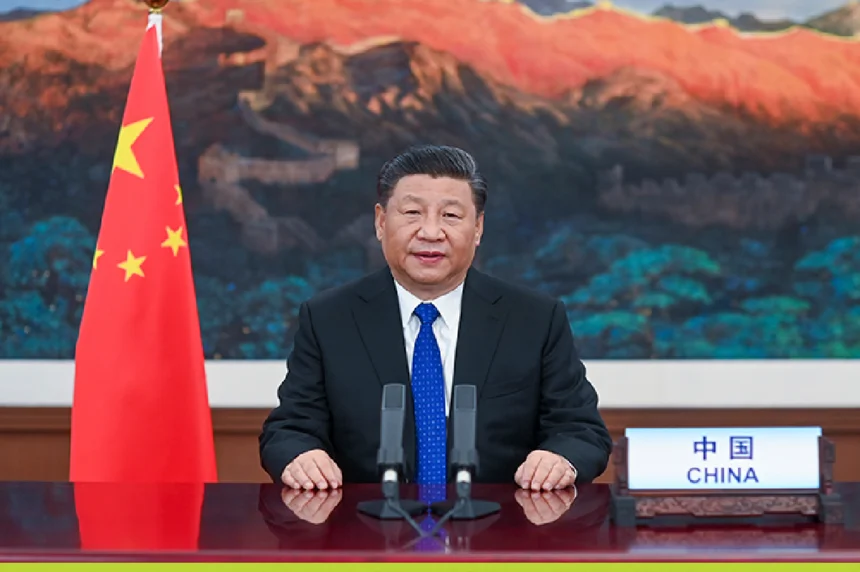At the Communist Party Congress on Saturday, President Xi Jinping secured backing for a historic third term in office. After the week-long summit in Beijing, China’s ruling party authorized a broad reorganization in which several prominent officials, including Premier Li Keqiang, resigned to make room for Xi to select new friends.
Around 2,300 party delegates attended the summit, which Xi carefully planned since he didn’t want any surprises as he cemented his rule for the following five years.
However, former president Hu Jintao carried out the main event in an unexpected action that jarred the proceedings at the Great Hall of the People.
The frail-looking 79-year-old who was seated next to Xi in the front row appeared reluctant to get up.
Hu was “not feeling well” when he was taken, according to state media reports from late Saturday.
“Xinhuanet reporter Liu Jiawen has learned that Hu Jintao insisted on attending the closing session… despite the fact that he has been taking time to recuperate recently,” Xinhua remarked on Twitter.
“When he was not feeling well during the session, his staff, for his health, accompanied him to a room next to the meeting venue for a rest. Now, he is much better.”
According to a widely adopted decision on amendments to the party charter, lawmakers subsequently supported a call requiring all party members to “uphold Comrade Xi Jinping’s core position on the Party Central Committee and in the Party as a whole.”
On Sunday, right after the inaugural meeting of the new Central Committee, Xi will almost certainly be introduced as general secretary.
As a result, Xi will be able to easily win re-election to a third term as China’s leader, which is scheduled to be revealed in March at the government’s annual parliamentary sessions.
Just before the closing ceremony, the 200 or so top party leaders that make up the Central Committee were chosen.
Four out of the party’s Standing Committee’s seven members — the ultimate decision-making body — would be retiring, according to a list of organization executives.
Premier Li Keqiang is one of them, along with members of the Politburo Standing Committee Wang Yang, Han Zheng, and Li Zhanshu. Wang Yang was rumored to be Li’s potential successor.
Given that they had reached the informal age cap of 68 for Politburo-level officials — a restriction that did not apply to Xi, who is 69 years old — Han and Li Zhanshu were generally expected to resign.
Wang and Li Keqiang, both 67, might have served another five years in the 25-member Politburo or Standing Committee.
Yang Jiechi, a senior diplomat, and Liu He, a leader in the economy, are two other prominent Communist Party high-ranking officials who are not present on the new Central Committee.
Analysts were waiting with bated breath to see if the party charter will be changed to include “Xi Jinping Thought” as a guiding ideology, elevating Xi to the same level as Mao Zedong.












